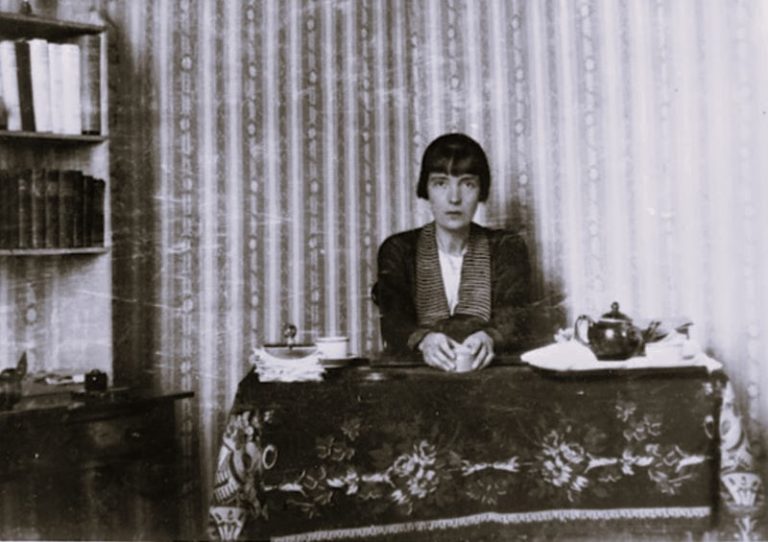

Back in the times of the early bronze era or approximately 2000 BCE (long before things such as cars, telephones, internet, video games, Intertops Casino bonus) was the empire known as Assyria.
The Assyrian Empire was the largest empire of its time and lasted for almost fourteen hundred years. All in all, a long time to exist.
It was a cultural and physical powerhouse that existed through constant warfare. At its peak, it ruled from Libya and Cyrus in the Mediterranean all the way to Iran and modern-day Armenia and down all the way to parts of eastern Egypt.
A large empire.
Why they were so undefeated
The biggest cause for why the Assyrian empire was able to become so big and such a powerful empire of its time was because of its advanced military strategies and the organization of a standing army.
At the beginning of its impressive rise to power, the Assyrian empire’s army was much the same as the rest of the Mesopotamian armies of the times. The only thing that made it stand out was the kings’ ability at the time to raise a larger army than his competitors.
This did not last though. With such larger armies becoming present on the battlefield, with one king boasting an army of almost a hundred and twenty thousand people, issues such as supply were becoming a larger problem to the army.
It should be noted though that at this time the Assyrian army was still a drafted army like every other at the time. Which meant that the large majority of soldiers needed to return to their fields to plant and harvest crops otherwise the country would go hungry.
The solutions to this started as a system of preparing armies at a designated preparation base and then making sure that generals had enough supplies to support the army they hosted. This was a more efficient way than picking up troops along the way with the assumption that they would be able to get more supplies as they went along.
This is what the common practice was at the time. Governors of towns and locations were required to both make sure to supply the war effort with the necessary men but also to supply it with grain, oil, and other war materials that the army would need in its conquest.
Failure to at least attempt to supply the army with a large number of supplies and goods would have probably been grounds for removal from the position or as far as an act of rebellion against the king.
Although it didn’t take long for the flaws in the Assyrian army to start showing themselves. More battles were killing off important soldiers and the army couldn’t stay long in the field before the seasons change signaled that the majority of soldiers, many of whom were farmers, had to return to their fields to tend to the crops left behind.
This meant that the army would have to deform before a truly decisive victory could be achieved. This just wouldn’t work for an empire that stretched from the Mediterranean sea to the Persian Gulf at the time.
Tiglath-Pileser the third was the change for this method and arguably the largest single-person reason for the rise of the Assyrian Empire.
After reforming large swaths of the Assyrian government to be the efficient and better quality he then went around to founding and creating the Assyrian standing army.
This was a massive change because it meant that the military was something outside of the normal peasant and rabble that worked the fields. The army could get supplies from the still worked fields while its soldiers marched to battle on the front lines.
The same king put in great effort to make a uniform for the entire army so that when dressed up for battle the people were practically indistinguishable. This was useful because it meant that when they conquered or captured people and turned them into soldiers it was a lot quicker for the new people to be integrated into the Assyrian army.
With all of these things and many other advancements that the Assyrians made over their enemies, such as inventing the use of camels as supply haulers, building roads and bridges to move troops and resources around faster than their opposition.
Culture
Another reason why Assyria may have been able to push so far ahead of its opposition can be the culture that formed within the empire. It was extremely militaristic and made to help push every citizen to support the army, government, and cause of conquering more land for the great Empire.
This didn’t work out for the Assyrians in the end, since they came from revolution, but for a long time at their beginning, it was another valid component for why the Assyrian empire was able to reach so high power in the region.
Along with having every man in the kingdom be required for some sort of military service, the Assyrians would move around any captured people so that there would be a less likely chance of people of a certain previous culture joining together and revolting.
It still happened of course, since that was what destroyed the Assyrian Empire, but it certainly helped to delay that inevitable fate.
Another interesting thing to note about the Assyrian society at this point was that all of the highest-ranking government officials besides the king were Eunuchs.
This was actually not very uncommon in middle eastern societies and governments at the time. The reasoning was that eunuchs wouldn’t have attachments outside of their governmental duties and couldn’t take over the dynasty since they were simply unable to make their own dynasty. It would also mean that they wouldn’t be very easily distracted by women of the court and they wouldn’t get involved with the king’s dynasty.
Whether any of that actually worked I can’t say, since I wasn’t there.






